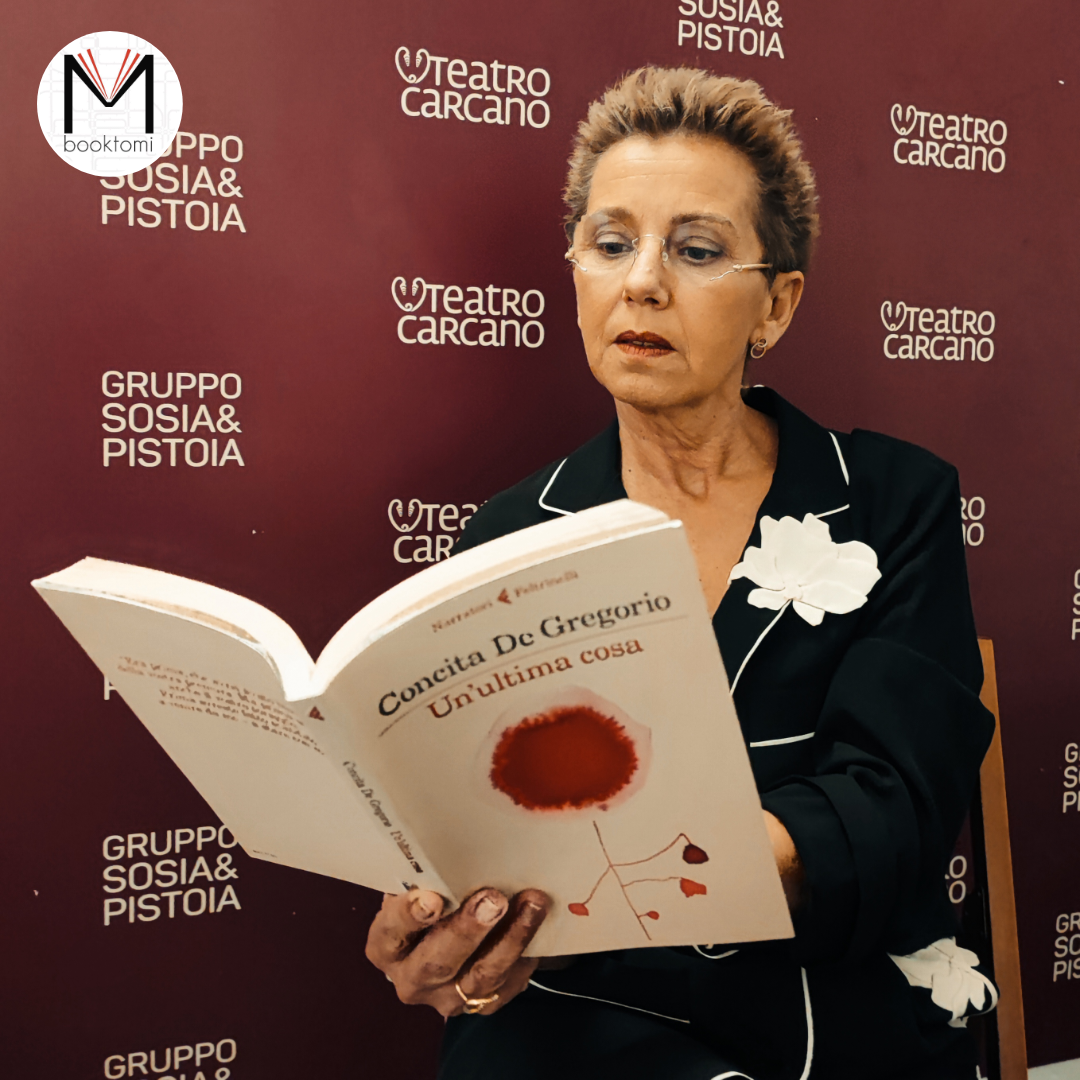“For many years I thought we met in a sick time that wasn’t our time.”
We are not sure if Concita De Gregorio is aware of how much her pen, with this kind of books, is able to leave a profound trace in Italian society, like a furrow that everyone should follow on a path towards greater awareness of their own limits and of its potential.
We liked the book because it made us reflect, move and get angry; could we have anything else to ask? When a text has the impact of a small earthquake on the reader’s certainties, we consider it a positive aspect, because then on that rubble it can be rebuilt from scratch, and with greater care.
The author traces the lives of ten female figures who have marked her life in some way and could be an inspiration as models to follow for other women and men. A targeted and careful choice of women that the author has in some way touched during her existence, over the years, both live as Dora Maar or Amelia Rosselli, or in the pages of their works that they left as evidence of their passage in the world.
The book is like the closed-mouth chorus in Madama Butterfly. The strength of a choir of only women who speak for the last time and tell their point of view and their emotions.
We think the target audience should be a purely male one, to understand and appreciate the female world even more, and not fall into the mistake of thinking that a woman, whether daughter, lover, wife or mother, is not a property, and how much it was difficult for them to acquire some rights.
The text was written with the clear intention of creating a theatrical transposition and this not only makes reading easier, but gives the opportunity to hear the voices of those women, as perhaps they had never had the opportunity to be heard during their lives.
_____________________________________________________________________________________________________
Concita De Gregorio, One last thing, Feltrinelli, Milano, 2022



